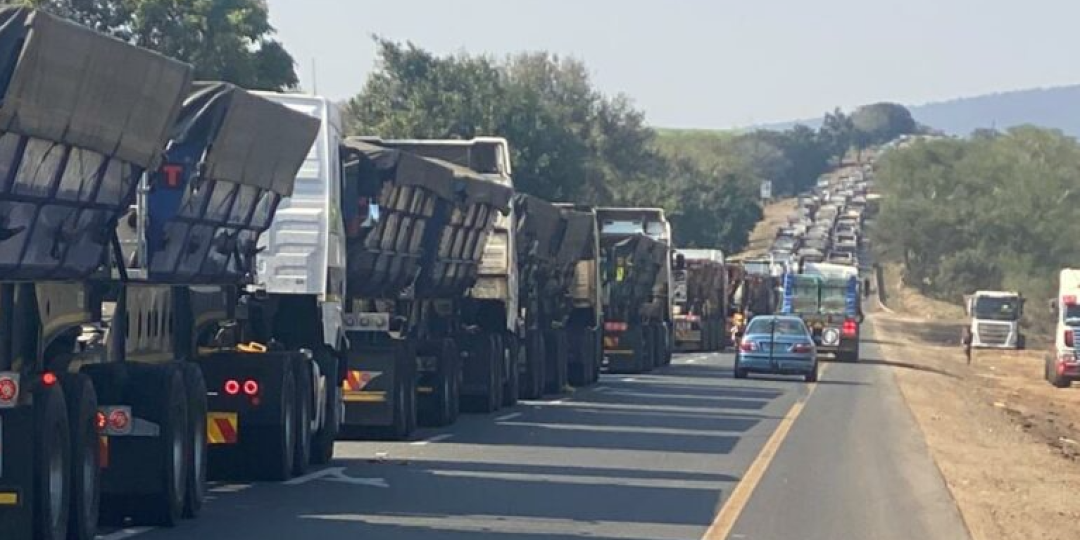Transport minister Sindisiwe Chikunga has told Freight News she’s hopeful that South Africa’s Freight Logistics Roadmap will be approved by Cabinet and implemented before the end of the year to bolster road safety efforts through transport decongestion.
Opening a Road Safety Summit hosted by the Road Traffic Management Corporation and ride-hailing company Uber, she said the Roadmap was essential to making the country’s roads safer.
“Even if it’s not perfect, it should be used as a living document whereby the Department of Transport (DoT) and the DPE (Department of Public Enterprises) can implement certain decisions to remove some types of cargo off our roads.
“We should be allowed to use it for now and improve on it along the way.”
Asked whether the blueprint for improved freight movement might be implemented early in the New Year, Chikunga said it was needed much sooner.
“Why wait until then? It's with Cabinet at the moment. If it's approved, we should implement it in December,” she said, emphasising her faith in the document drawn up by the National Logistics Crisis Committee in conjunction with the Presidency.
“It’s the way to make long-lasting changes, to equip the public and private sectors with the necessary means to limit the amount of trucks using our roads.”
Chikunga added that urgent work should also go into improving the country’s ports and that the national rail system should be reconfigured.
“Our rail network is simply not working as it should. Operators and infrastructure should really be separated from one another so that Transnet Freight Rail is not responsible for handling rolling stock and securing the network.”
She said there was fair reason to believe that if more entities became involved in the country’s rail network, enhanced public-private participation would generate competition and fast-track progress.
But for the time being, trucks massing towards supply-chain choke points, especially ore tippers carrying coal and manganese towards the Lebombo Border Post and the Port of Richards Bay, is the reality of a logistics system under severe pressure.
Chikunga, who lost a son, daughter-in-law and four grandchildren in a road accident on the N11 in July 2022, lamented the state of road safety in the country and deplored the involvement of crime and corruption in contributing to the high road death toll.
“The bribery that happens,” she said, “makes people believe they can get away with breaking the law. We have a problem with human behaviour in this country and we need to change that.
“We can’t have our roads used as scenes of criminality.”
But the DoT, she added, was hamstrung in many instances.
“We’re only a policy department. That’s why the Freight Logistics Roadmap is so important to bring about real change.”
Chikunga said although more traffic officials working longer hours might help with law-and-order awareness, there was only so much they could do as a non-essential service.
“The real problem is the amount of cargo that moves by road. That is what we should be solving – decongesting our roads by moving more cargo onto rail.”













